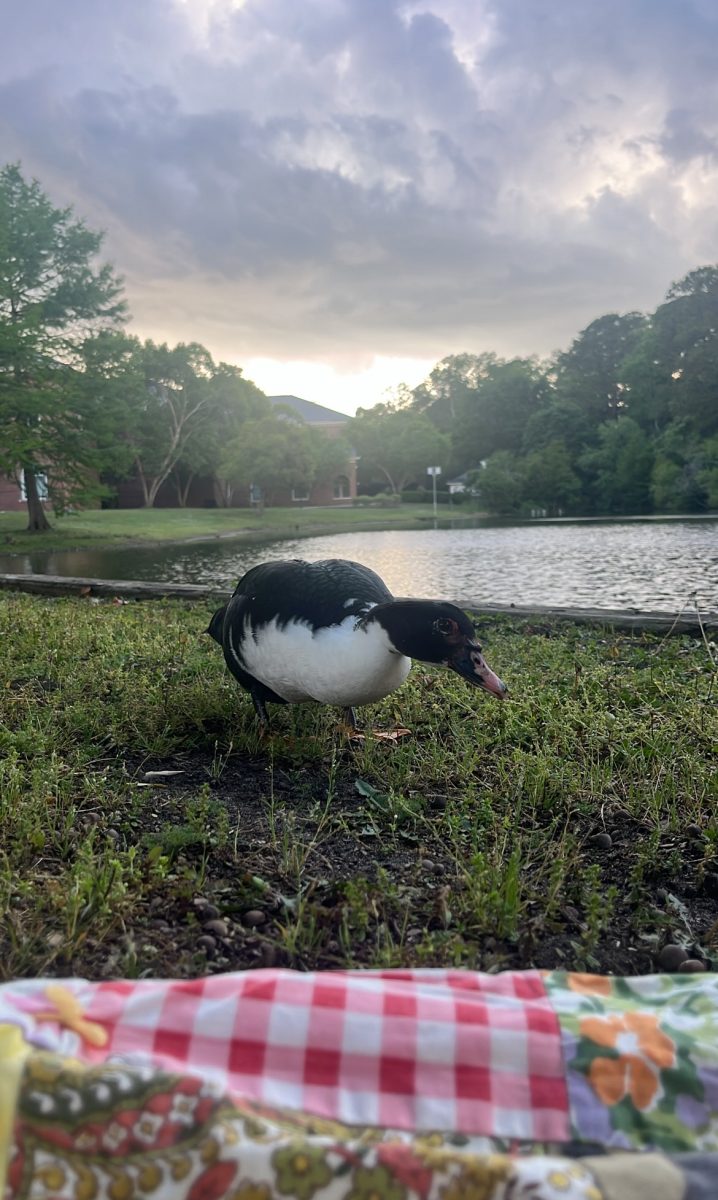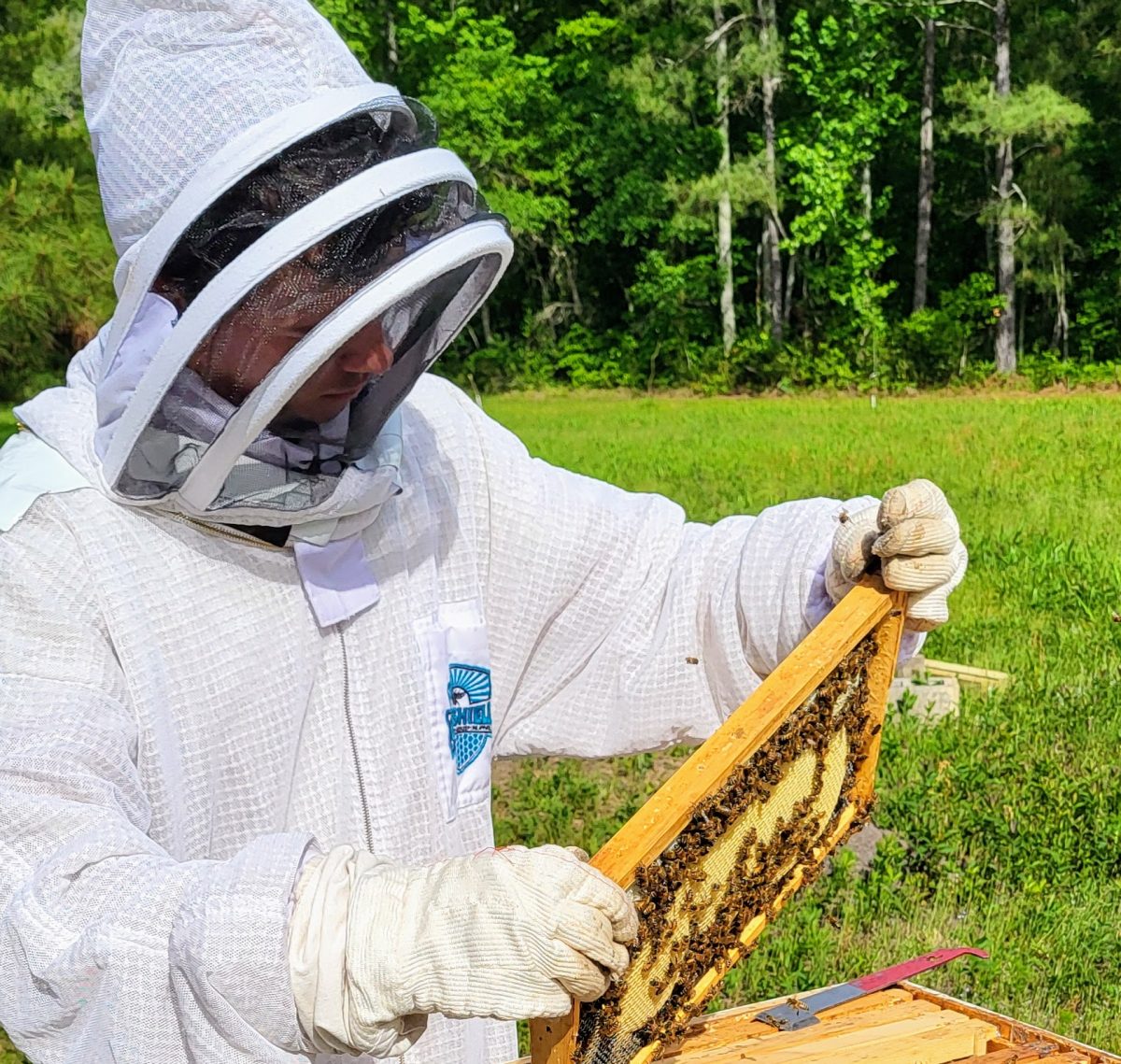As of July 2023, Coastal Carolina University’s Division of Diversity, Equity and Inclusion (DEI) changed its name to The Division of University Belonging and Student Affairs, according to Vice President of Student Affairs Yvonne Hernandez Friedman.
Hernandez Friedman said she worked with CCU President Michael Benson on the direction they wanted to go when looking at the Quality Enhancement Plan (QEP). She said they and a few others collaboratively decided on the name change.
Every year, the University goes through an accreditation plan and part of that plan is centered around community building and belonging.
“One of the things that I’ve adopted from the American Council of Education is this idea of shared equity leadership so that creating community and belonging doesn’t belong to one area,” Hernandez Friedman said, “but the area creates a strategic direction and pulls the whole campus community together.”
Some recent efforts from this program include sending out emails to highlight holidays such as National Hispanic Heritage Month. Other efforts include a campus climate survey and introduction of a new app called Real Response, used to anonymously report on-campus incidents.
However, numerous faculty members at Coastal believe the name change deals with other issues, including the Director of Women’s and Gender Studies Ina Seethaler. Seethaler said DEI, as a name, puts the focus on the system and institution, while belonging puts the focus on the individual and their feelings.
Eric Schultz, director of the Edwards Center for Inclusive Excellence (CIE), said he is concerned with what is going on in the community and the state of South Carolina.
“Queer people, trans people and in particular trans youth, are targeted in this state. South Carolina is a ‘no promo-homo’ state. It is a ‘Don’t Say Gay’ state,” Schultz said regarding the proliferation of anti-trans and queer bills both across the country and right here in CCU’s home.
As well as affecting the LGBTQ+ community, President of Students Advocating Gender Equality (SAGE) Bella Hrivnak said DEI programs and the name change could affect other marginalized groups. She mentioned groups such as those with disabilities and people of color.
“I think it’s really sort of stupid that they are changing the name of it,” she said, “that’s what the whole thing is – it is diversity, equity and inclusion.”
Seethaler said Coastal has had difficulties with attracting and retaining faculty of color, and said it is ironic that the University is looking at this program over others.
There is no current legislation limiting DEI programs in South Carolina. However, there is legislation limiting how race and sex is taught, as well as numerous books being banned in public schools.
According to the South Carolina State House website, the South Carolina State Senate passed House Bill H.3728 on May 10, 2023. In public schools, this bill prohibits teaching that someone “bears responsibility for actions committed in the past” and prohibits teaching that someone is inherently privileged because of race or sex, surrounding topics of slavery.
“Queer people, trans people, you know, there’s no way to reduce us to one monolith. We’re so varied. But we’re so creative and we contribute so much to the state and to Myrtle Beach, and to Horry County and to Coastal Carolina University. And so, to attack that, we’re really shooting our own foot, South Carolina,” Schultz said, “We can do better, South Carolina.”
Earlier this year, legislation in neighboring states has taken away funding from various universities’ DEI programs. According to NBC News, Florida Gov. Ron DeSantis signed three bills into law which placed restrictions on DEI programs.
“Diversity has become this weird political buzz term now,” Schultz said.























